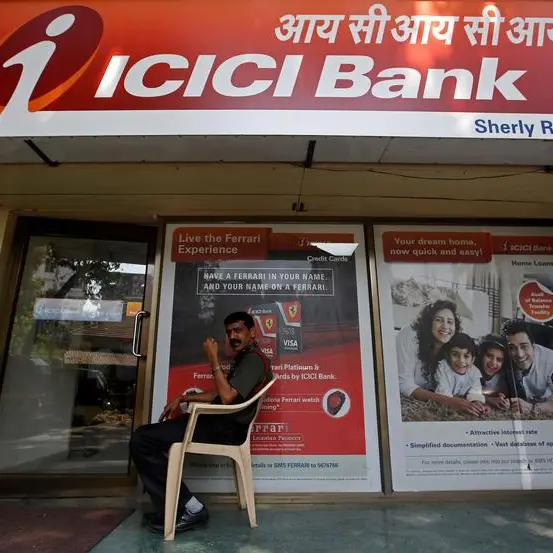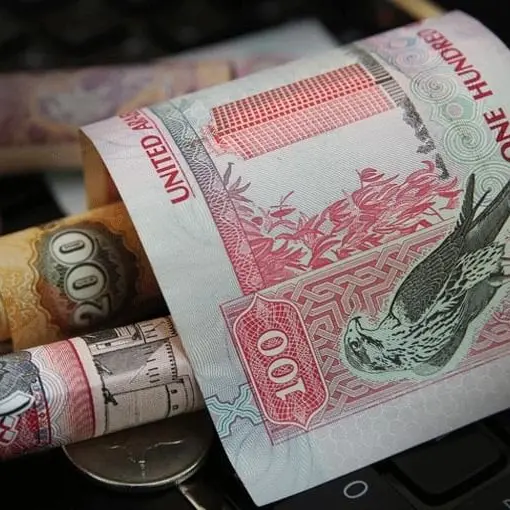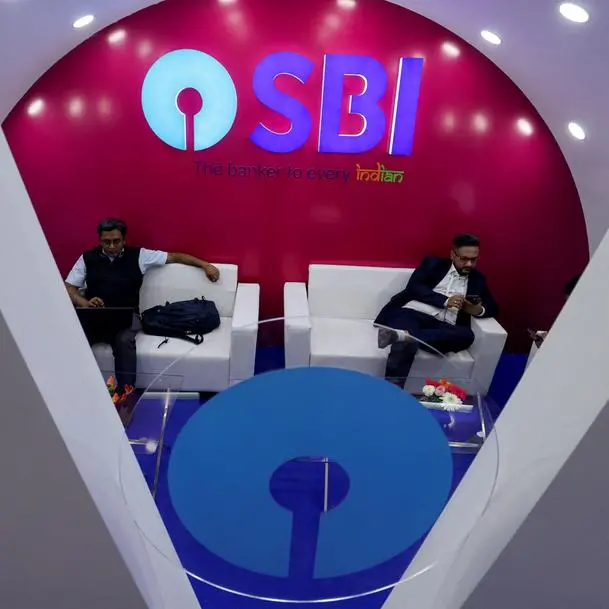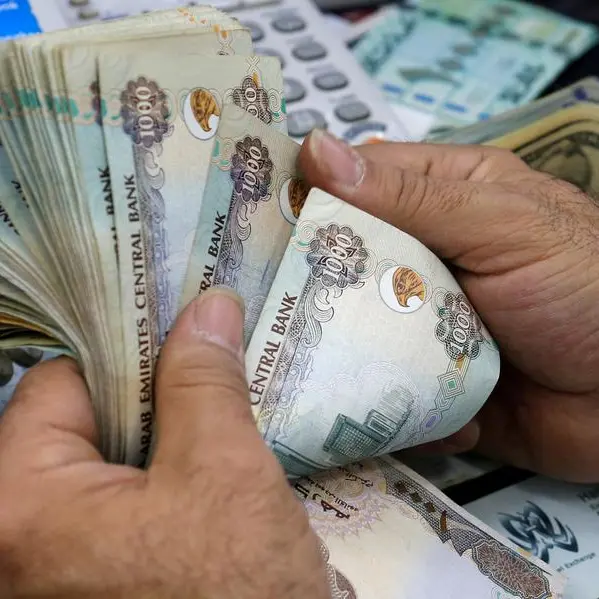PHOTO
COLOMBO - The Sri Lankan government raised 110.44 billion rupees through a bond sale on Monday, far short of its 180 billion-rupee target, with the central bank saying it rejecting almost all bids for the two-year paper on offer in the sale.
The central bank accepted offers for only 441 million rupees for the two-year paper versus a target of 70 billion rupees ($219 million), despite traders having bid at market levels.
Earlier in the day traders predicted that cut-offs - the lowest price or highest yield at which bids are accepted - would likely be set at about 31%-32% on the two-year debt.
The central bank in the end set the cut-off yield at 29.99% and received bids worth 77.5 billion rupees, the statement showed.
The four-year paper for a total of 110 billion rupees was fully sold at a cut-off yield of 28.11%.
"It is likely the central bank felt the two-year yields were higher than what they wanted and deferred raising funds to when rates may become more favourable," said a trader who declined to be named as he is not authorised to speak to the media.
Sri Lanka is expecting a $2.9 billion bailout deal to be finalised with the International Monetary Fund (IMF) on March 20, which analysts have said could reduce the country's risk premiums and slash rates further.
Traders had predicted the large bond sale, the biggest announced in three months, was in part to repay a 100 billion rupee bond due for redemption on March 15.
With the funds raised through the sale on Monday, the government is unlikely to be left with much surplus and may need to raise funds again soon.
Sri Lanka is going through its worst financial crisis in more than seven decades after a plunge in its foreign reserves left the island struggling to pay for essential imports and forced it into foreign debt default last May.
Squeezed by soaring inflation, currency depreciation and high interest rates, Sri Lanka's economy is projected to have contracted 8% last year, Moody's said in its latest statement.
(Reporting by Uditha Jayasinghe; Editing by Swati Bhat and Hugh Lawson)





















